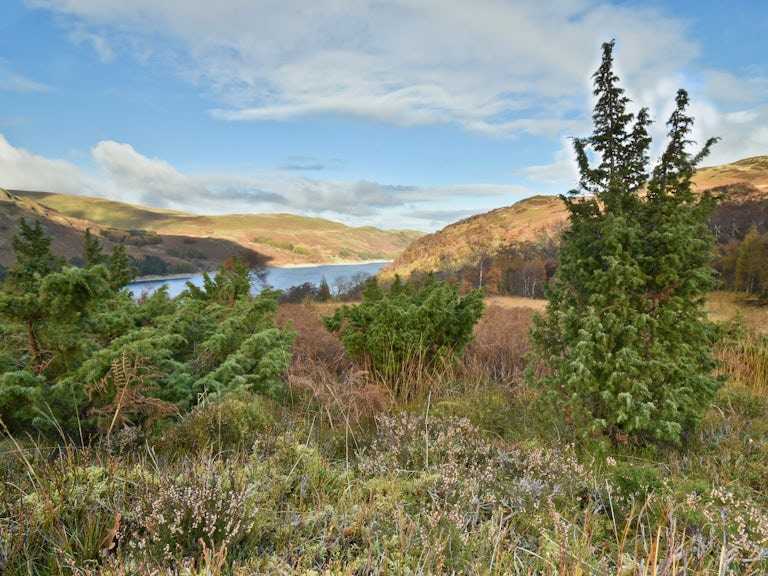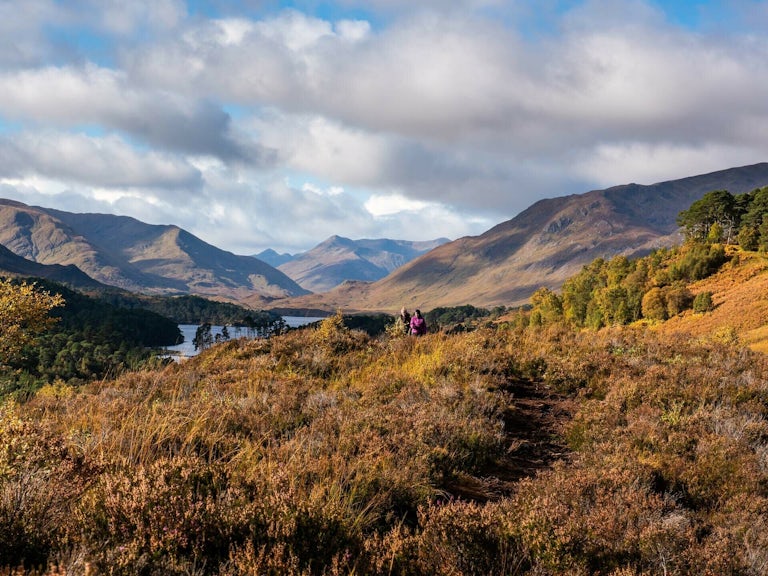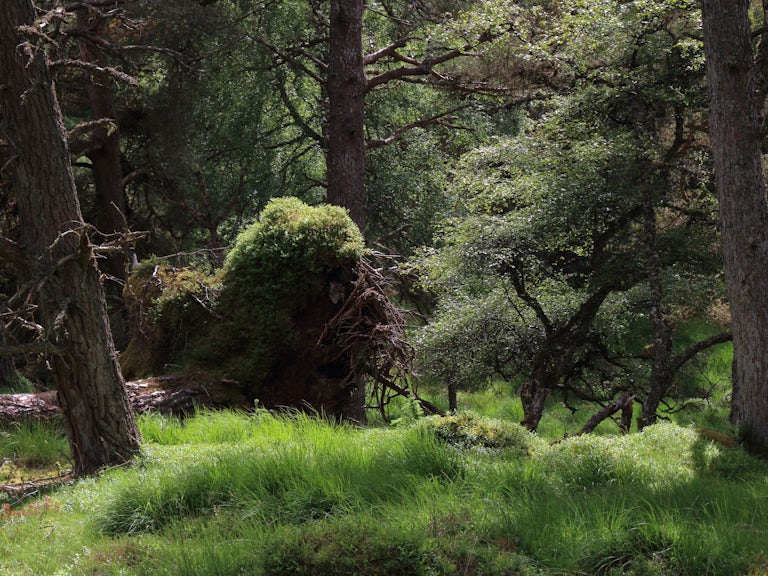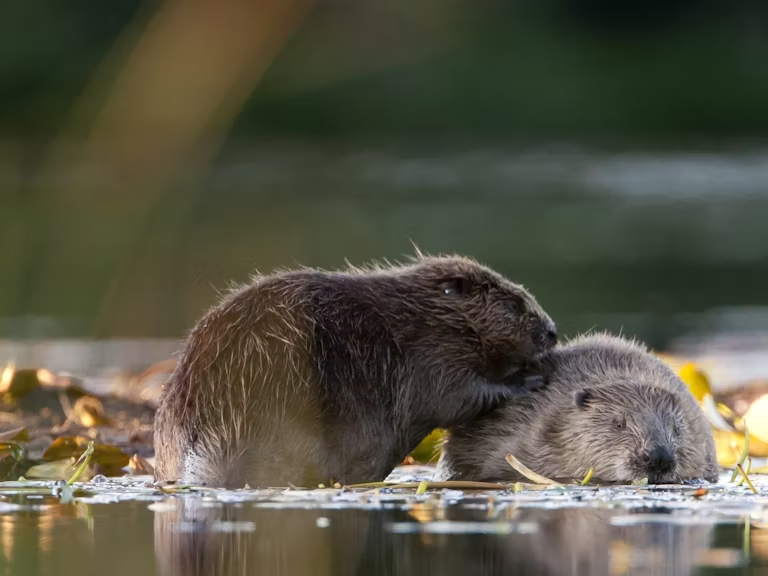Delaying ELM amounts to attack on nature
Delaying and diluting a world-class scheme to benefit nature and farmers would be a kick in the teeth for millions of people who love nature, said Rewilding Britain.

Despite a huge majority of people wanting politicians to do more not less for nature, there are increasing fears that the UK Government is set to kick the Environmental Land Management (ELM) scheme into the long grass and weaken its focus on nature recovery.
ELM has been widely praised for its aim of encouraging farmers to create space for nature, and for absorbing carbon to help the country reach its net zero target. There is widespread understanding that producing food and protecting nature go hand-in-hand.
“The clock is ticking on biodiversity loss and climate breakdown, and every delay reduces our chances – and increases the costs – of doing anything to tackle those major crises,” said Professor Alastair Driver, Director of Rewilding Britain.
“Backsliding on Conservative manifesto commitments on ELM would be disastrous for the environment and the future of farming and food production – and a massive kick in the teeth for the millions of British people who care about nature.
“It would be a betrayal of the many farmers who know that food production relies on restoring nature and tackling climate breakdown.
“Abandoning or diluting ELM’s ‘public money for public goods’ principle could destroy chances of even maintaining the status quote for biodiversity in England – let alone the UK Government’s pledge to protect 30% of nature by 2030.”
Professor Driver, like many other environment and farming specialists, has spent hundreds of hours over the last five years advising Defra on ELM. He said ELM has the potential to be the most important environmental policy for England in a generation. It could help restore damaged habitats while helping rare species from dormice to wading birds to nightingales.
Evidence shows that by encouraging a more diversified approach than traditional ‘food production only’, ELM could help turbo-charge a thriving ecosystem of employment, built around the restoration and rewilding of nature to level up rural areas.
Rewilding Britain’s expanding Rewilding Network includes almost 900 members, including a diverse range of farms. Data from nearly 50 major rewilding projects in the Network, all of which produce food, reveals a 65% increase in jobs and a 14-fold increase in volunteer engagement since rewilding began.
Rewilding at landscape-scale is the most significant, cost-effective and sustainable way to achieve major nature recovery. It is a powerful solution for tackling the causes and consequences of climate breakdown, including bycreating carbon dioxide sinks, reducing flooding, and supporting resilience against wildfires.
Environmental charities supported by millions of people are also raising the alarm over the UK Government’s proposed environmental deregulation.
The new Retained EU Laws Bill could see the end of basic protections known as the Habitat Regulations – laws that protect our birds and animals, everywhere from forests to coasts. Additionally, proposed ‘investment zones’ could tear up legal projections in England – leaving precious habitats and landscapes unprotected from bulldozers and concrete.
This attack on nature could wreck chances of meeting legally binding climate and nature targets, create uncertainty for businesses, shatter the long-term sustainability of the economy, and unleash environmental losses that reduce quality of life for most people.
An opinion poll commissioned by Rewilding Britain showed that 75% of people think politicians should be doing more to reverse the decline of nature in Britain, with only 2% thinking they should be doing less.
“The Truss Government needs urgently to demonstrate that it stands with nature, not against it. Ministers need to be clear that they are not setting out on an attack on nature which would be unprecedented in England and the biggest threat to wildlife for decades,” said Professor Driver.
“We all depend on nature and a stable climate, and England is already one of the world’s poorest nations for the quality of its biodiversity – so we simply cannot afford to keep going backwards on nature recovery.
“Without healthy soils, clean air and water, and without the pollinators on which our crops depend, we are all in big trouble – especially farmers, who are already in the frontline of the nature and climate crises, and at risk from increased heat waves, droughts and floods.”
Rewilding Britain is encouraging members of the public to contact their MP
.
- ELM is designed to replace the EU's common agricultural policy (CAP) subsidy scheme.
- CAP grants, worth about £3.5bn annually, were mostly based on how much land each individual farmer owned – leading to criticisms that the payments benefited the wealthiest. Decades of CAP payments proved to be completely unsustainable, as shown by the continued decline in overall biodiversity and the declining quality of rivers.
- Internationally, the Government is committed to protect 30% of the UK’s land and ocean by 2030 through the Leaders' Pledge for Nature.



